International law plays a particularly important role in determining national borders as well as in the practice of resolving border issues between countries. National borders are the spatial limits of the territory, the scope of exercising national sovereignty , and have vital and sacred significance for the existence of each nation and people.
As a country with both land and sea borders, in the process of building and negotiating to resolve territorial border disputes with other countries, Vietnam always respects and is willing to apply the provisions of international law and commits to resolving disputes by peaceful means.

Vietnam always respects and is willing to apply the provisions of international law on borders. Illustrative photo. Source: Internet.
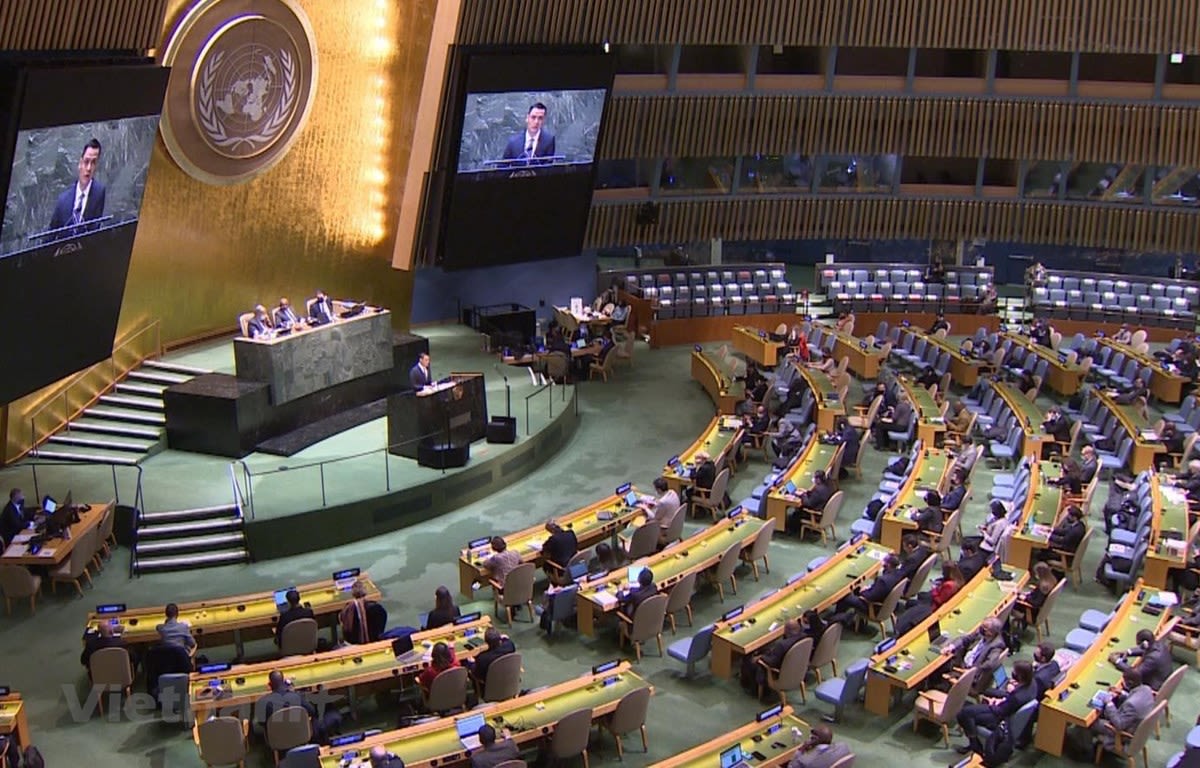
Border agreements are always made through direct negotiations. Illustration photo. Source: Internet.
Border agreements are always made through direct negotiations, or through an international judicial body chosen by the parties concerned. The specific result will be a treaty signed by the parties concerned and committed to respect, or a judgment of a competent international judicial body that is final and binding on the parties concerned. However, the process of signing a border treaty or determining the border through an international judicial body always faces great difficulties due to different perceptions of the border, conflicts of interest related to the border issue, as well as the fact that the border is always a complex, long-term historical issue that has gone through many ups and downs. To overcome such challenges and obstacles, in addition to the impact of political will and objective context, it is indispensable to adjust the basic principles of international law as well as specific technical legal principles in the field of determining territorial borders. The Vietnam-China land border has been formed over thousands of years of history and has existed relatively stably since Vietnam gained independence after a thousand years of Chinese domination. However, the Vietnam-China border is a regional border concept, not a demarcated border, and is marked by a precise system of border markers. The results recorded in the 1999 Treaty as well as after the demarcation process are assessed as being in accordance with international law, in accordance with the principles agreed upon by both sides, ensuring fairness and satisfaction for both sides, meeting the fundamental and long-term interests of both countries. The treaty clearly describes in text and attached maps the land border between the two countries, creating a solid legal basis for the two countries to conduct demarcation and border marker planting, determine the border in the field and sign legal documents to peacefully and effectively manage security and defense activities, socio-economic development in border areas and promote cross-border trade./.Thanh Tung









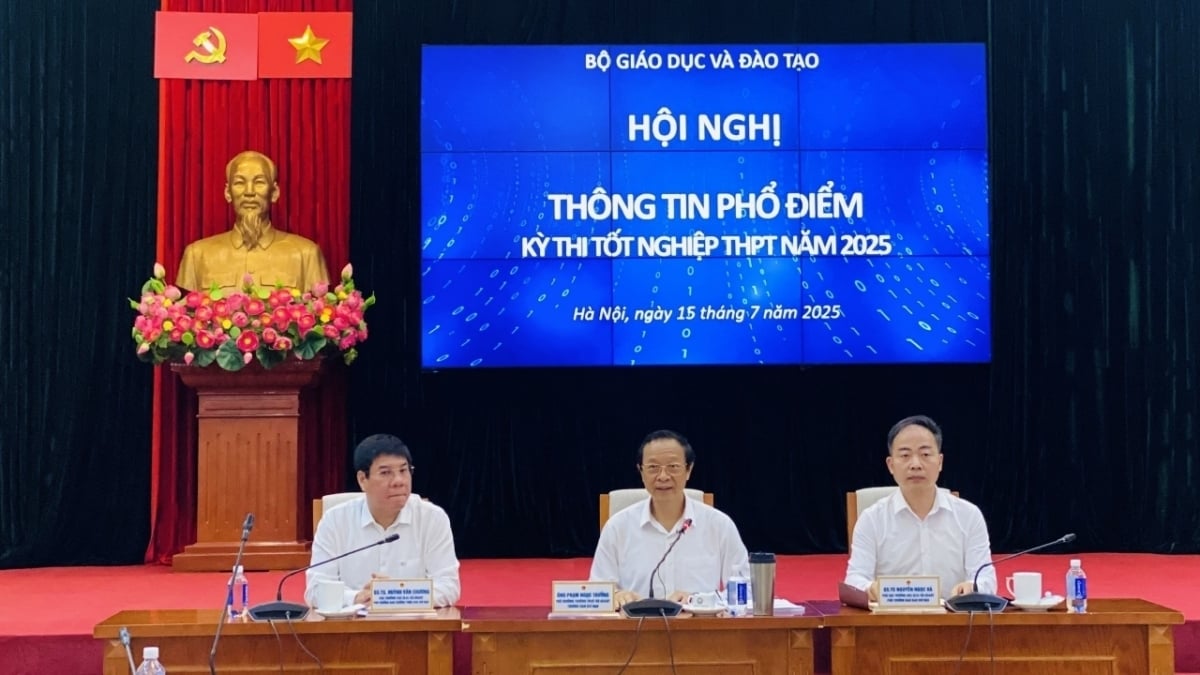

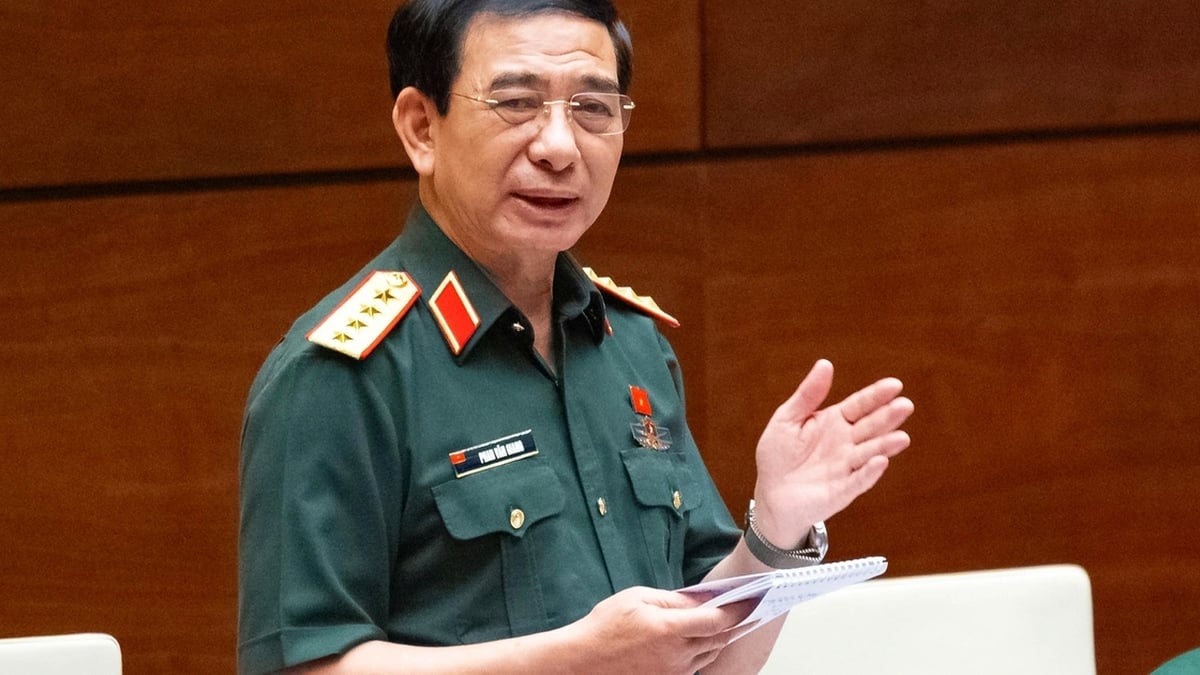





















































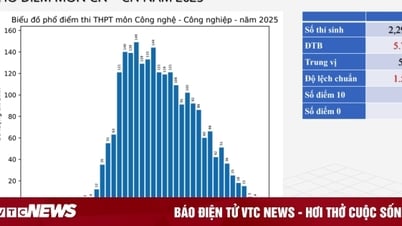

































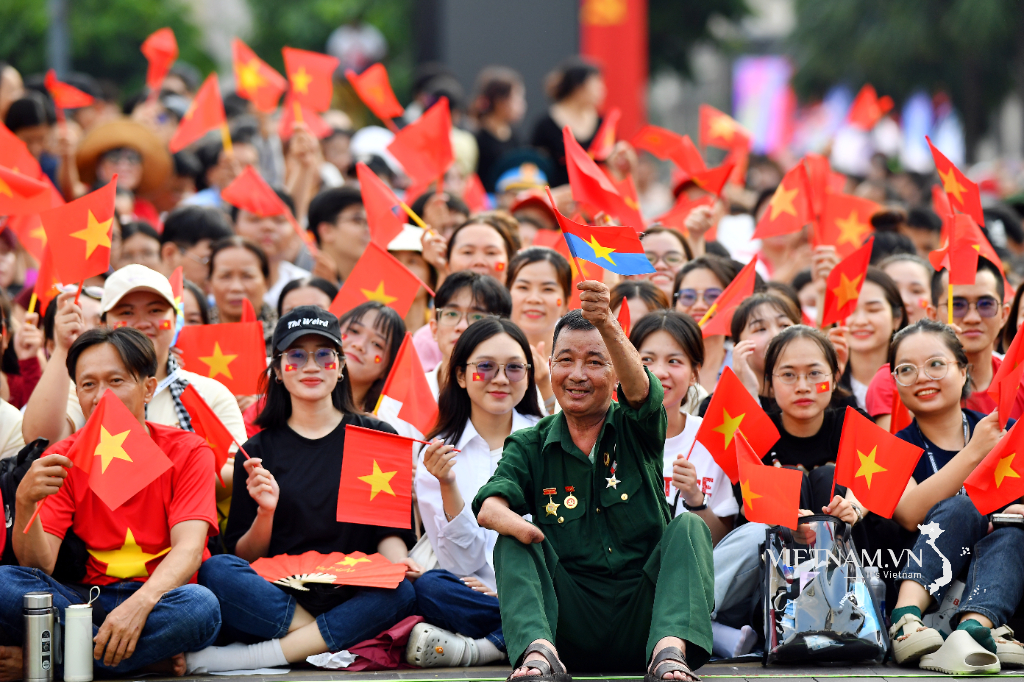



Comment (0)